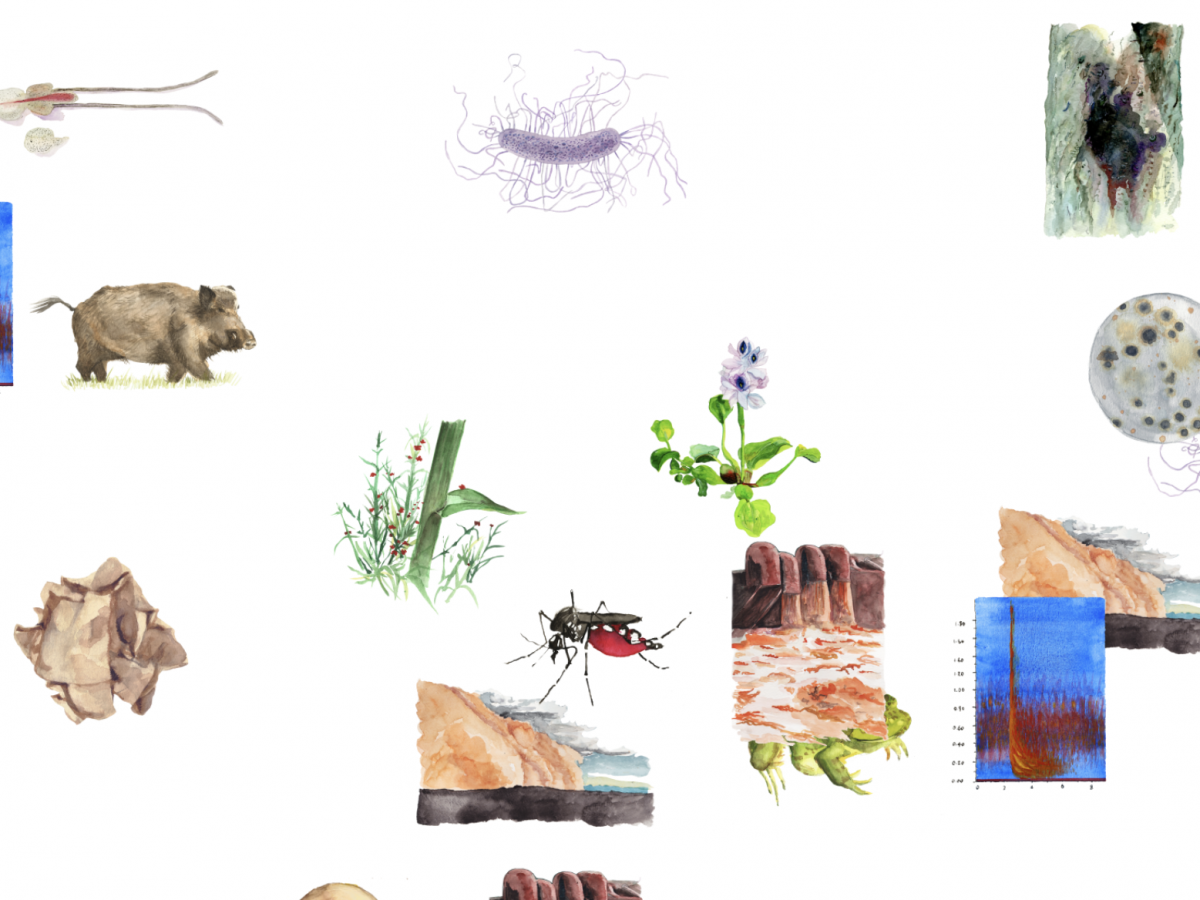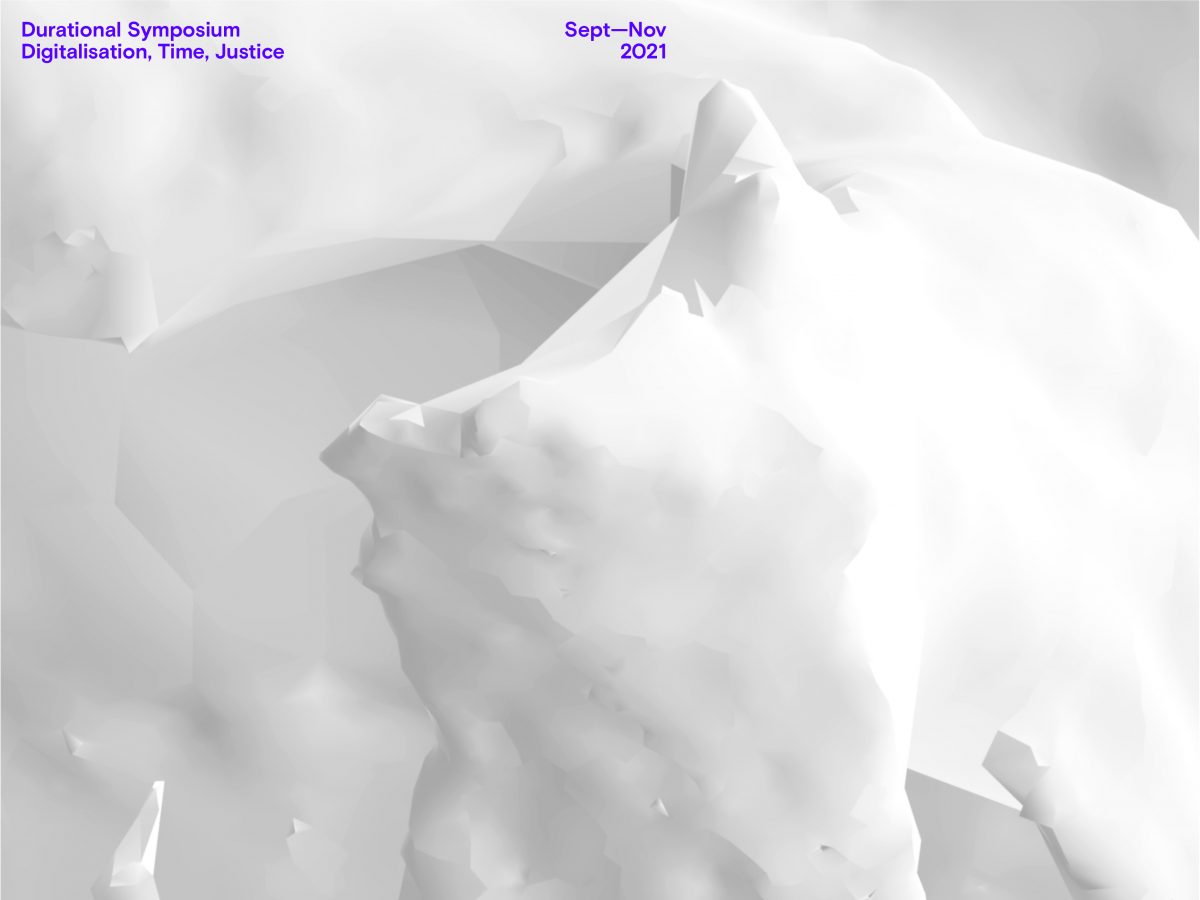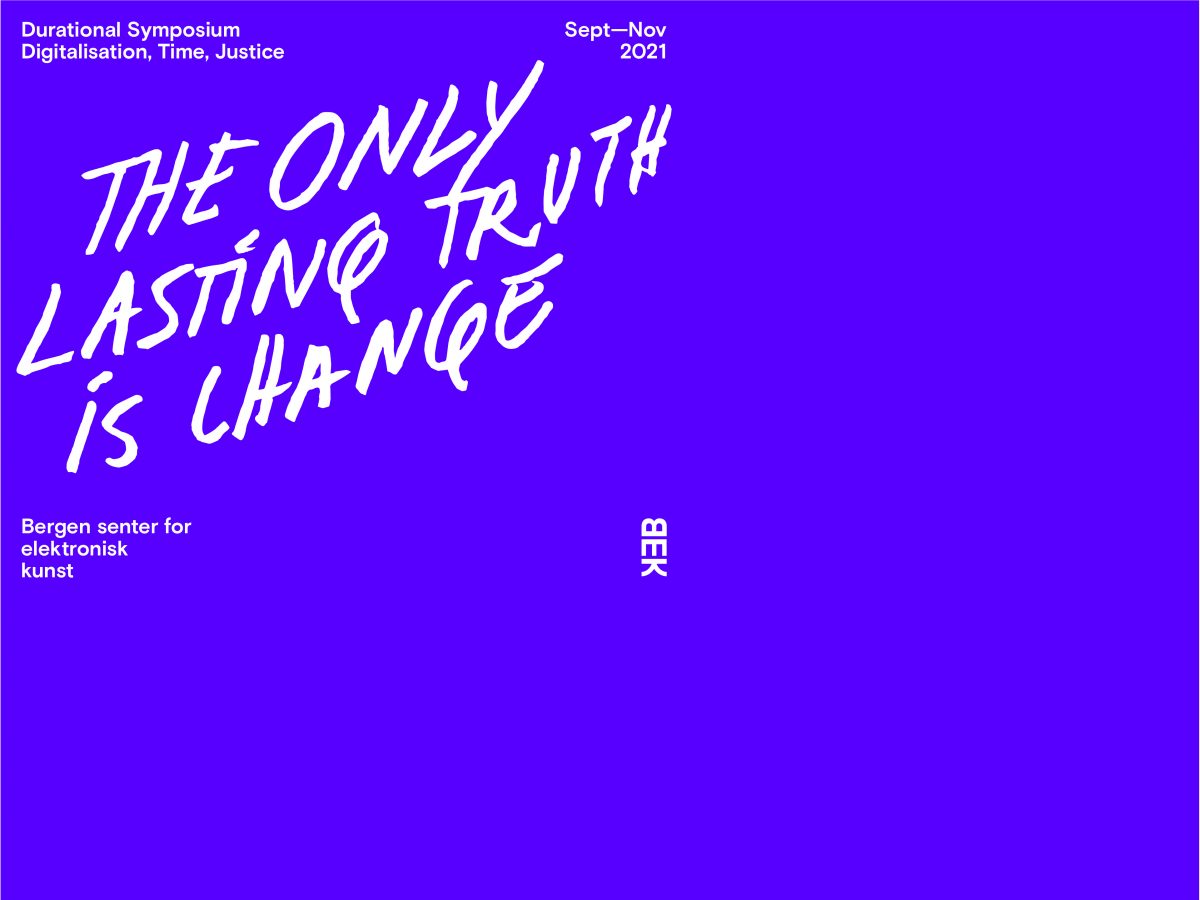Anna L. Tsing: The feral world — with and without us
Published
Online talk
19 NOVEMBER 20:30
Kulturhuset, Vaskerelven 8, third floor
Register by booking a free ticket at https://bek.ticketco.events/
If humans were to die off tomorrow, planetary ecologies would still be challenged for a very long time. This is because human terraformation has interfered with many of the forms of multispecies livability that we took for granted in the Holocene. Visions of the Anthropocene as a master plan in which everything goes just as human developers would like are ridiculous. Instead, consider the lively and dangerous feral world; it’s all around us.
This talk explores the feral world by making use of the collaborative digital project Feral Atlas: The More-than-Human Anthropocene. The atlas is a field guide to non-designed human effects, many of them devastating, and not just for humans. It’s a field guide for noticing the more-than-human. Like the project of imagining “the world without us,” it stretches beyond human exceptionalism to explore the histories made by other beings—and particularly those that bedevil us and our closest allies.
ANNA LOWENHAUPT TSING
Anna Lowenhaupt Tsing is one of the world’s best-known anthropologists and currently lectures at the University of California, Santa Cruz. Together with Donna J. Haraway, she coined the term Plantationocene. She has received many awards for her publications, most recently for her much-cited essay “The Mushroom at the End of the World.”
Image: Screenshot from feralatlas.org


